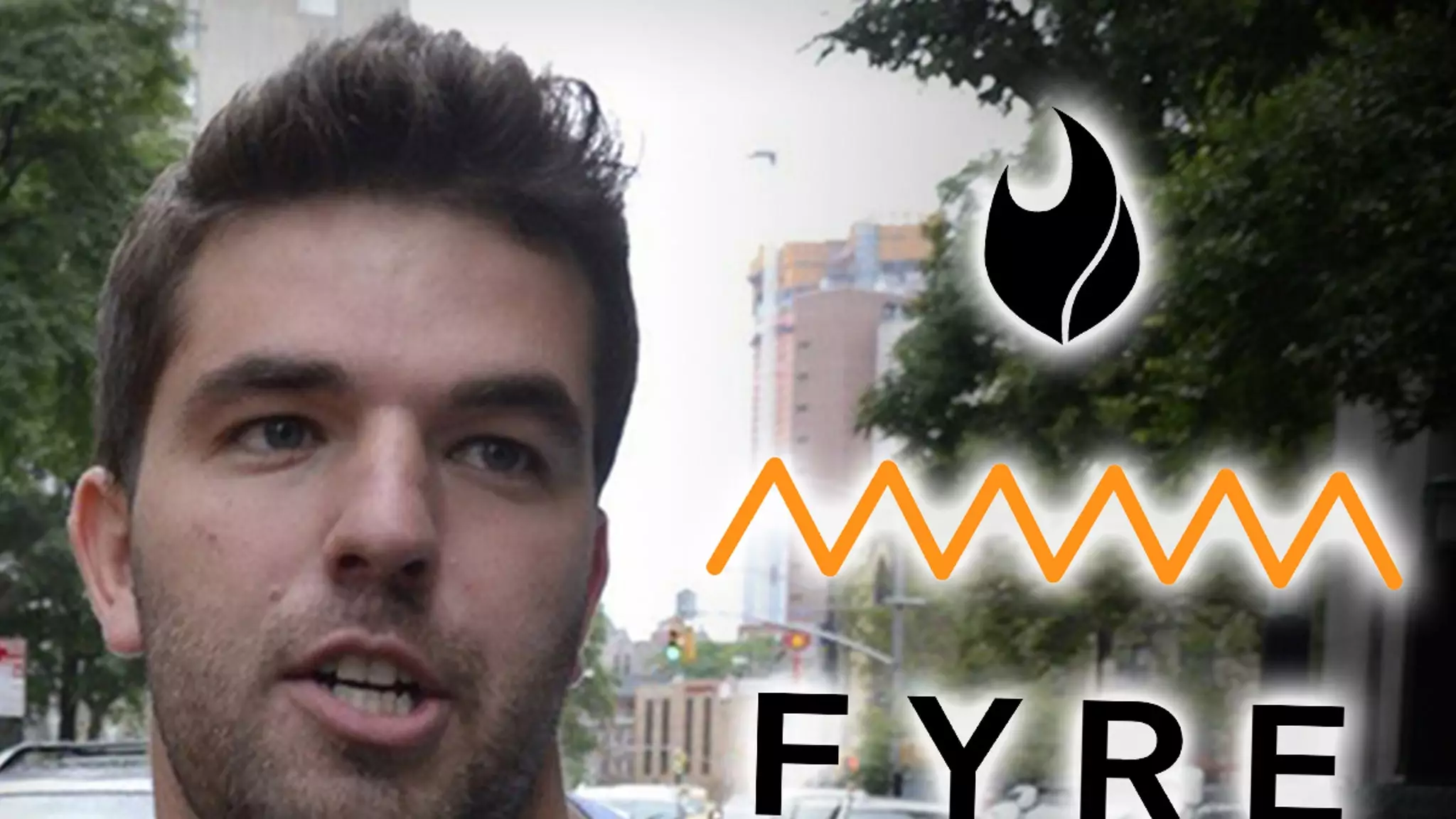Fyre Festival 2.0 was anticipated to ignite excitement next month in Playa del Carmen, Mexico. However, in a surprising twist, the event’s organizers dropped a bombshell, claiming that the Mexican government thwarted their plans. According to a string of fiery texts released by a Fyre Fest producer, officials were accused of betrayal, with the sentiment echoing a sense of desperation and frustration on the part of the organizers. Nick, the producer, laid bare his grievances, asserting that the government had initially extended support only to later deny any knowledge of the festival’s existence.
This sudden reversal raises pertinent questions about transparency and the reliability of partnerships in the event planning industry. When governmental endorsements are swiftly flipped to disavowals, it reveals a complex web of communication breakdowns. The casual dismissal by officials, as relayed by Nick, highlights a troubling trend: could it be that the ambition of reviving Fyre Festival has outrun the ability to forge necessary alliances?
The Legal Labyrinth
Billy McFarland, the enigmatic figure behind the festival, insists that extensive documentation exists supporting his claims of regulatory compliance. He released records of his communications with city officials, including filed permits and proof of payments made to secure necessary licenses. Yet, the Mexican government’s heartless rebuttal—“no such event with that name will take place in our city”—casts a long shadow over this meticulously crafted confidence.
This conflict showcases deep-rooted issues within the realm of festival planning. Given Fyre’s notorious past—its debut in 2017 ended in calamity—one might argue that this second chance should serve as an opportunity to exercise utmost diligence. Or, is the desire to reclaim glory overshadowing sensible judgment? This scenario exemplifies a classic case of where ambition meets bureaucracy, leading to explosive outcomes driven by misunderstanding or even manipulation.
Reputation at Stake
The significance of Fyre Festival’s reputation hangs precariously in the balance. The initial installment, known infamously for its disastrous execution, left its mark in the annals of event planning failure. Billy McFarland, having served time for fraud, is enmeshed in an ongoing struggle for redemption. Still, every public endeavor he undertakes is viewed through a lens of skepticism, inherited from the festival’s botched beginnings. The collective memory of the disaster serves as a reminder that the stakes of failure are not merely financial, but also deeply social and personal for everyone involved.
Amidst the turmoil, individuals linked to the festival, like former NFL star Antonio Brown, have seemingly committed to participate, yet without a clearly defined lineup, the project lacks substance. The enthusiasm of high-profile names could add an illusion of legitimacy, but their involvement alone cannot compensate for the logistical nightmares anticipated in light of mixed messages from local authorities.
The Pressure Cooker of Public Expectation
Every tick of the clock brings increased pressure on the organizers, and the burden of public expectation grows heavier. The world at large is not merely an audience but a vigilant jury ready to critique, comment, and bemuse. Anticipation surrounding Fyre Festival 2.0 lacks innocent enthusiasm; instead, it is tinged with an air of incredulity. Wouldn’t it be more prudent for the organizers to first address the significant trust deficit before eager proclamations about grand plans?
Fyre Festival’s saga stands as an exemplar of ambition turned awry in an era where social media can amplify mistakes exponentially. This scenario escalates more than just logistical dilemmas: it tests the resolve and integrity of those at the helm, compelling them to cultivate authentic relationships while executing events against a backdrop of public scrutiny.
As the curtain on Fyre Festival 2.0 threatens to fall before it ever rises, one can only ponder whether the relentless pursuit of notoriety will once again result in disaster, or if this time, lessons learned will pave the way toward a redeeming spectacle. Ultimately, ambition in the face of adversity might be commendable, but without accountability and transparency, it easily turns into a contrasting narrative of failure.

